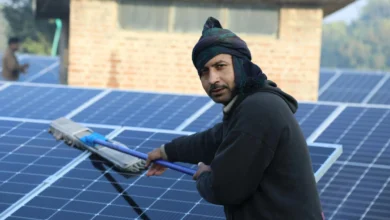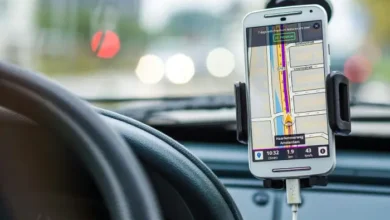What do we mean by a caveat loan?

What do we mean by a caveat loan? A caveat is also a legal term that is used in property law. If you take out a non-recourse loan, you provide your property (also real estate) as collateral for the loan. This collateral can be referred to as “common property.”
In the United States, common property is any property that can be pledged as collateral for a mortgage. A mortgage is a process of obtaining a loan against existing property. In most cases, borrowers provide the funds required under a mortgage loan in exchange for a promise to repay the funds on the death of the borrower or in certain circumstances. A mortgage is considered to be a legally binding contract between the lender and the borrower. As such, a mortgage is recorded in public records.
What do we mean by a caveat loan? A caveat is actually a legal term used in real estate law. When you accept a caveat loan from a lender, you give your property (also real estate) as collateral for the loan.
Advantage of a caveat loan
The advantage of a caveat loan from Diverse Funding Solutions is that it is a shorter-term loan than a typical mortgage. That means you have a longer time to pay off the mortgage. Also, the property law allows you to sell the property even if there are no buyers.
The lender can attach property titles to the mortgages
When you get a mortgage loan, your lender can attach property titles to the mortgages. If the property is not paid for in full, the lender can take possession of the property and resell it under the title. Of course, this can create legal issues for you. However, if you use a properly structured caveat loan, this issue is nullified.
Private lending companies, on the other hand, deal with individuals seeking debt relief. In general, private lenders do not have the same type of formal accountability as public lenders. They can also take advantage of the debtor’s reliance on the future income from their property. As such, many private lenders will not require a specific level of income as long as the borrower has the ability to pay.
Types of property owners
As previously mentioned, there are two main types of property owners. One type of property owner is someone who has access to a credit line but no mortgage loan. This person can easily apply for a non-recourse mortgage loan. The other type of property owner is someone who does not have access to credit but has the means of obtaining a non-recourse mortgage loan. This person will likely need to supply proof of employment to obtain non-recourse financing from this type of lender. The caveat to using a non-recourse mortgage loan is that the lender assumes the risk of the borrower not being able to obtain a mortgage loan.
Private lending criteria differ based on the country in which you are applying. Some lending criteria are also based on the size of the property that you are attempting to purchase. In general, the smaller the size of the property that you are purchasing, the less strict your lending criteria will typically be. Private lending criteria can also vary based on the individual property that you are attempting to purchase. Each property that you own will have its own set of criteria that are used to determine whether or not you will qualify for non-recourse financing.
When an investor who has an interest in acquiring property purchases property with the idea that they will need to pay it off within a relatively short period of time,
What do we mean by a caveat loan? When an investor who has an interest in acquiring property purchases property with the idea that they will need to pay it off within a relatively short period of time, a “clause loan” is used. A clause loan is a contract that allows investors to borrow funds that are equal to a percentage of the total value of the property.
The length of the tenure is determined by the current market price for the property and the length of time that it takes for the investor to recoup their capital. In other words, the clause loan is a type of bridge loan that enables investors to borrow money so that they can purchase property in the future and not face the immediate financial penalties associated with owning a property that is in foreclosure.




